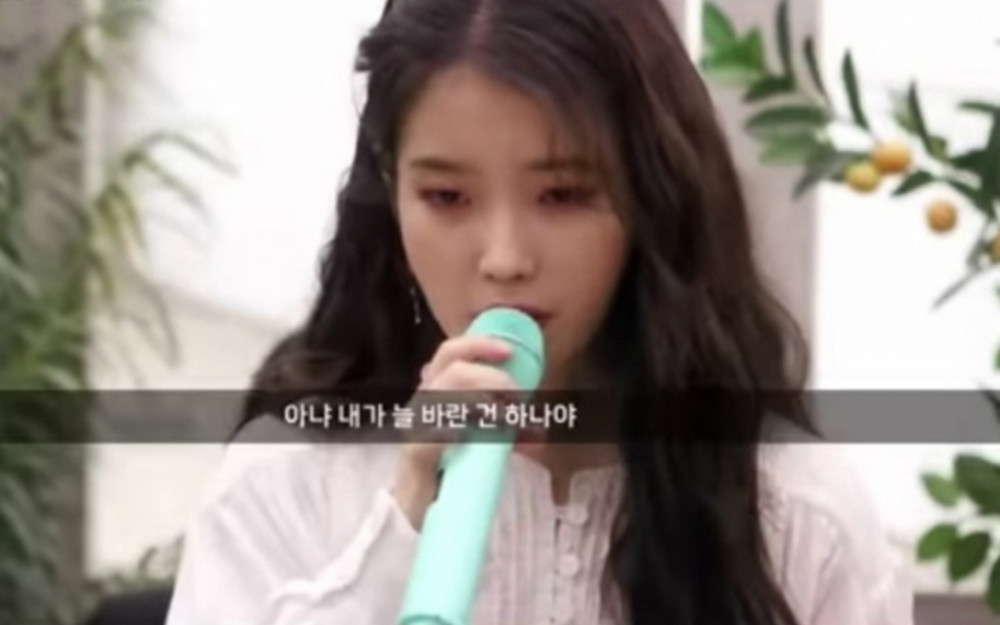
With the popularity of BIBI's latest track, "Bam Yang Gang," there have been more and more videos with AI voice covers of different artists singing the popular track. With the rise of these cover videos using AI technology to mimic the voices of other artists, there has been a rise in concern regarding the ethical and legal issues of using AI to recreate these songs.
On YouTube, AI-cover videos of the track "Bam Yang Gang" by IU, Park Myung Soo, Baek Ye Rin, and others garnering tens of thousands of views each, sparking debate. These videos are not sung by the actual artists but are created using AI technology, by training the AI on the voices of the celebrities.
An example of AI using IU's voice to cover "Bam Yang Gang":
As AI technology advances, cover videos are being produced that sound as if the singer performed them, and these videos are racking up tens of thousands of views on YouTube. Some celebrities have expressed discomfort from the chilling similarity of their voices to the AI-generated cover songs.
With the advancement of technology, anyone can easily create these AI cover songs using AI music generation platforms or websites and even mobile apps.
After hearing the cover songs from YouTube channels, trot singer
Jang Yoon Jeong remarked, "This is somewhat serious. It literally gives me the chills. I never thought AI would be able to sing but if this is possible, why would artists need to even record anymore? They could just use AI to replicate my own voice and sell music that way and just pay for the technology."
Comedian Park Myung Soo also expressed his astonishment after hearing the AI version of his voice singing "Bam Yang Gang." He shared, "How can this be so similar (to my voice)? I never sang this song (Bam Yang Gang). I never thought it would be this similar (to my real singing voice). What's going to happen to celebrities now?"
According to current laws, individuals may face penalties for creating AI cover songs without permission from the original voice's owner. The Ministry of Culture, Sports, and Tourism emphasized the need for prior authorization when using AI cover songs to avoid copyright infringement.
It has been pointed out that along with the advancement of AI, there is a need to expedite the establishment of related legislation. Last December, the European Union (EU) passed legislation mandating watermarks on AI-generated content, making it the first in the world to do so.
In South Korea, a bill containing mandatory labeling requirements for the use of AI in content creation was introduced to prevent AI-related aftermath, but it has yet to pass through the National Assembly.
The Ministry of Culture, Sports, and Tourism and the Korea Copyright Commission plan to announce policy directions regarding AI and copyright issues this year after collecting opinions from the public.
Meanwhile, Kakao announced on March 13 that it had introduced watermarks to 'Karlo,' an image-generating model of Kakao Brain, for the responsible use of artificial intelligence (AI). This aims to prevent the distribution of malicious deepfakes and other falsified content.